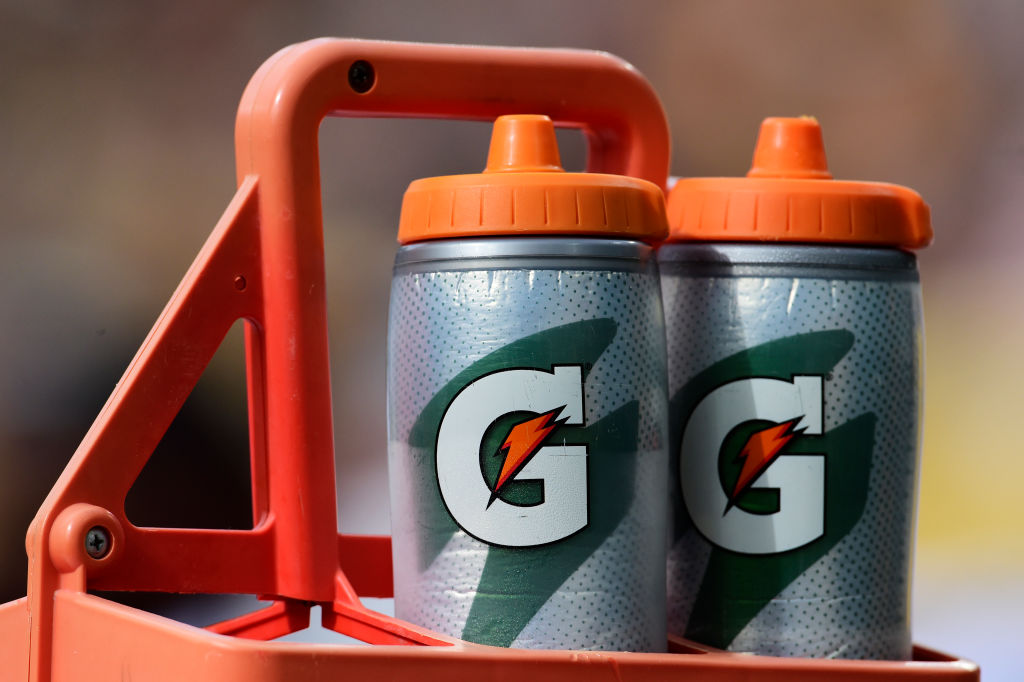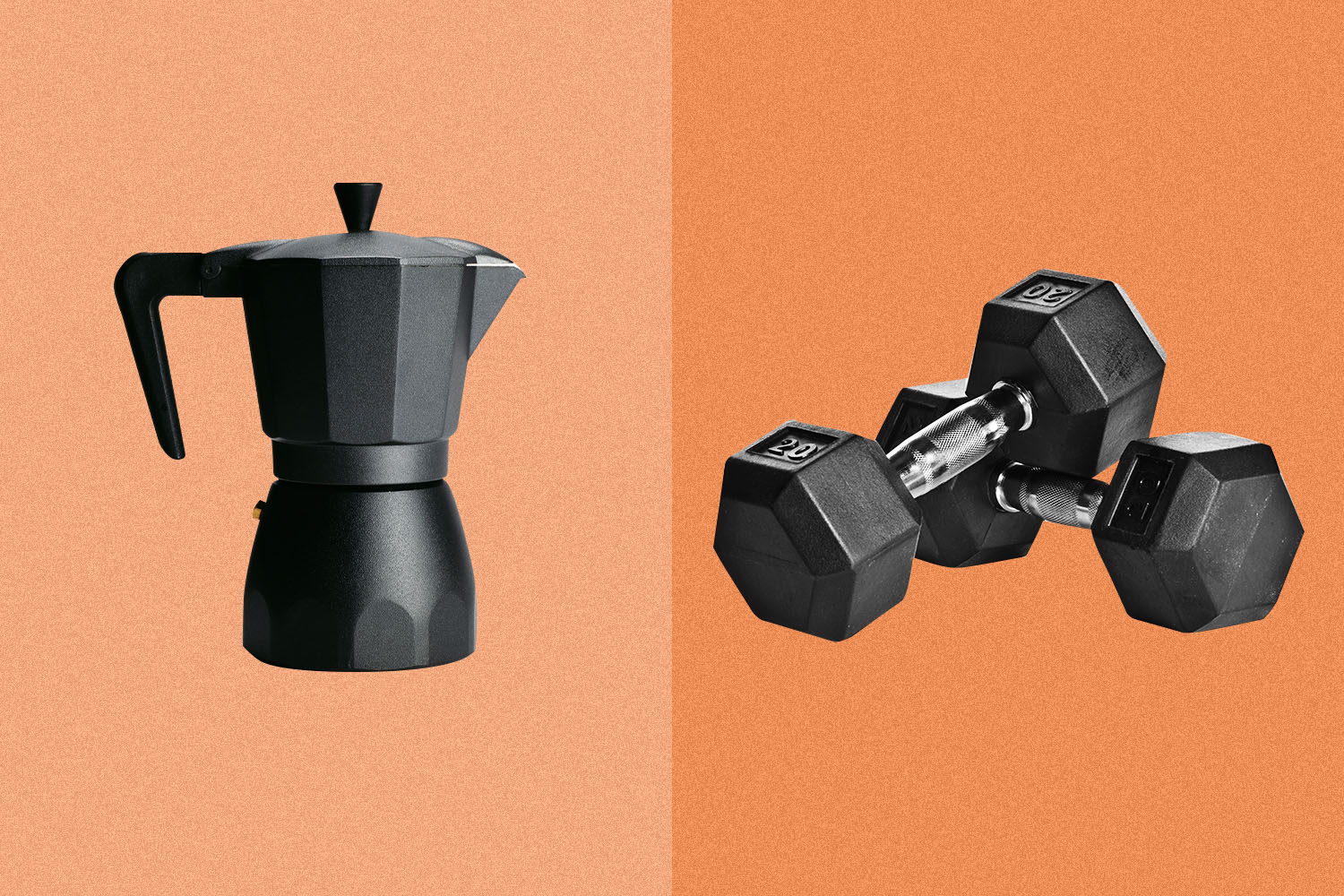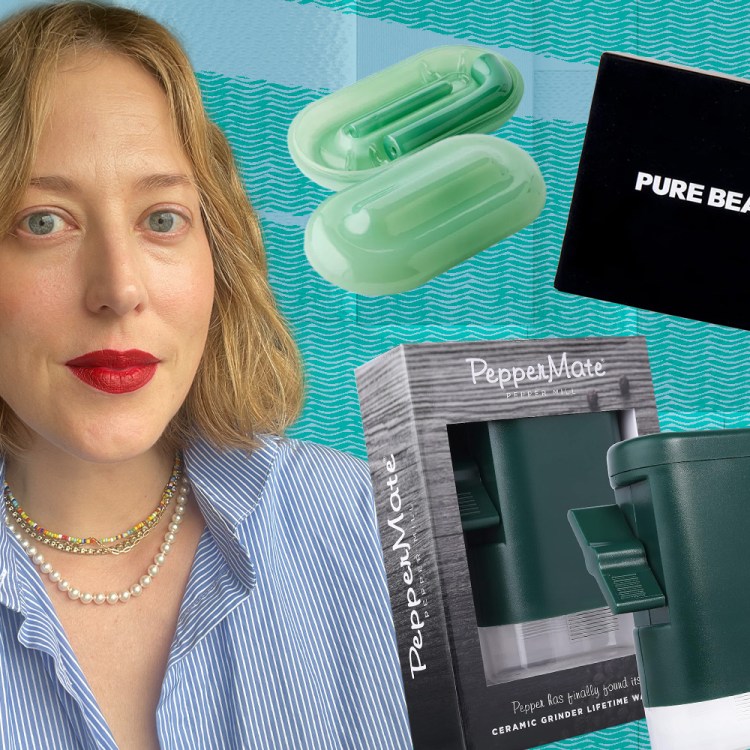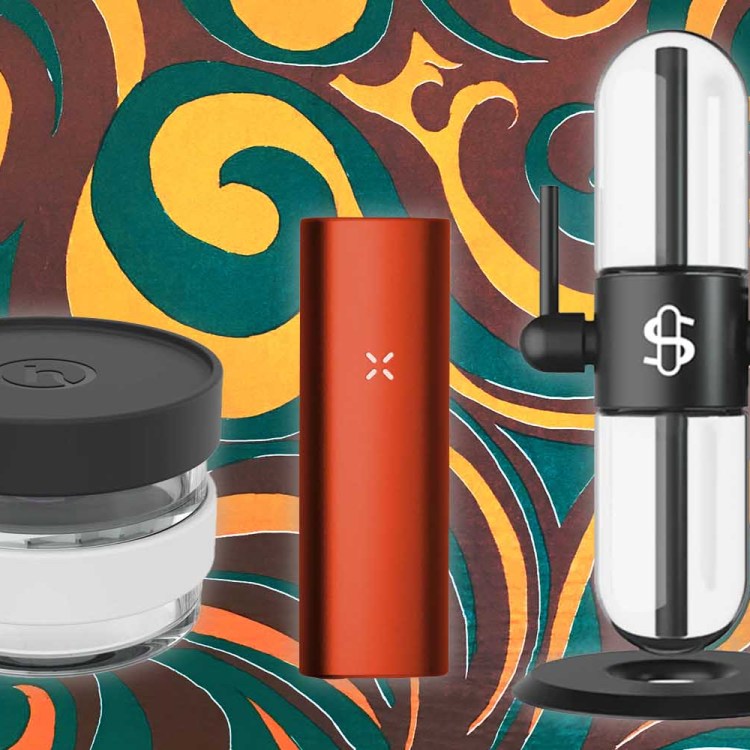Gatorade, the popular performance drink found at sporting events the world over for decades, loves to market its humble beginnings.
What began as a simple mission back in 1965 to create a sports drink capable of replacing essential fluids has since become an American beverage behemoth that currently dominates 75 percent of market share in the sports-drink category. Now owned by PepsiCo, Gatorade enlists a star-studded roster of professional athletes to promote its various products, many of which transcend traditional hydration.
And yet, for all the commercials, testimonials and game-winning baths at the Super Bowl, Gatorade remains controversial. The drink that once consisted of a mixture of water, sodium, sugar, potassium, phosphate and lemon juice now includes far more unpronounceable elements, and loads of added sugar. So is this iconic drink actually helpful in the heat of competition? Is it even healthy? And who, if anyone, should drink Gatorade to boost performance?
Like many things in this world, the answer is complicated.
Let’s start with its basic ingredients (for the sake of clarity, we’ll be talking about Gatorade Original Thirst Quencher). According to the company’s website, Gatorade is made up of water, sugar, dextrose, citric acid, salt, sodium citrate, monopotassium phosphate, gum arabic and glycerol ester of rosin, along with flavorings. Some elements, like dextrose, are sugars that fall under the carbohydrate umbrella, providing a quick source of energy when your body needs it most. Others, like sodium and citrate, are electrolytes that help your muscles contract — a necessary task when exercising. And others still (those ingredients you can’t quite pronounce) acts as coloring agents, thickeners and flavoring.
By and large, the ingredients found in Gatorade aren’t unhealthy when consumed as a means of fueling your body during exercise. The sodium helps your body maintain fluids, and the drink’s calories can help replace expended energy. But it should be noted that, not unlike other processed drinks, Gatorade’s calories come almost entirely from sugar. A single 20-ounce bottle contains 34 grams of sweet stuff — that nearly matches the American Heart Association’s recommendation of 36 grams per day.
But if it’s the sugar you’re worried about, consider the intensity and duration of your workouts when deciding if you need Gatorade to help you refuel. Adults exercising for prolonged periods of time (greater than 60 minutes) or those performing HIIT workouts stand to benefit from all that sugar, but adults who exercise less or at a lower intensity can simply stick with water. Consider drinking it on extremely hot days, or as a treat, if for some reason you find yourself craving Gatorade. And if you’re drinking it casually, just stop — that’s weird.
It should also be noted that kids don’t need Gatorade, which might explain why the brand uses suggestive marketing campaigns that specifically target children with major success (remember the “Be Like Mike” commercial?). In fact, a 2018 study in Pediatrics found that 57 percent of adolescents drank a sports drink at least once in the previous week, while almost 14 percent drank a sports drink daily. Kids, by and large, make Gatorade all its money, but rarely benefit from the drink’s ingredients.
As for professional athletes, it’s likely a matter of preference. Some pros stick with water, others drink Gatorade and then there are those like Chris Paul that drink “secret stuff,” which is nothing more than a customized concoction of fluids to maintain performance. Just because you see a lightning bolt-emblazoned bottle on the sideline at the big game doesn’t mean it’s filled with Gatorade.
If you really need to drink something other than water, consider swapping the Original Thirst Quencher with a different type of Gatorade. There’s Gatorade Fierce, which contains more B vitamins; Gatorade G2, which includes less sugar; and even Gatorade X-Factor, which, for whatever reason, combines multiple flavors while also adding vitamin E.
A better idea still would be to embrace hydration powders and tablets like Nuun that adopt low-sugar, all-natural ingredients designed to combine with water.
Whether you’re looking to get into shape, or just get out of a funk, The Charge has got you covered. Sign up for our new wellness newsletter today.

















